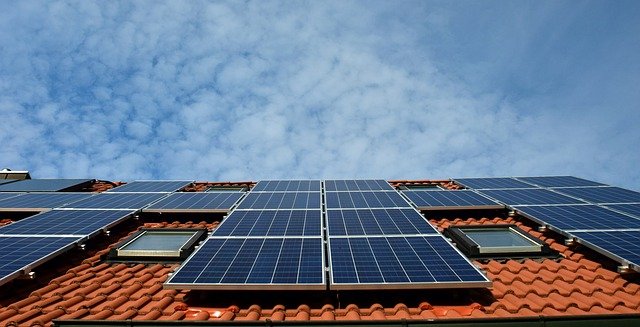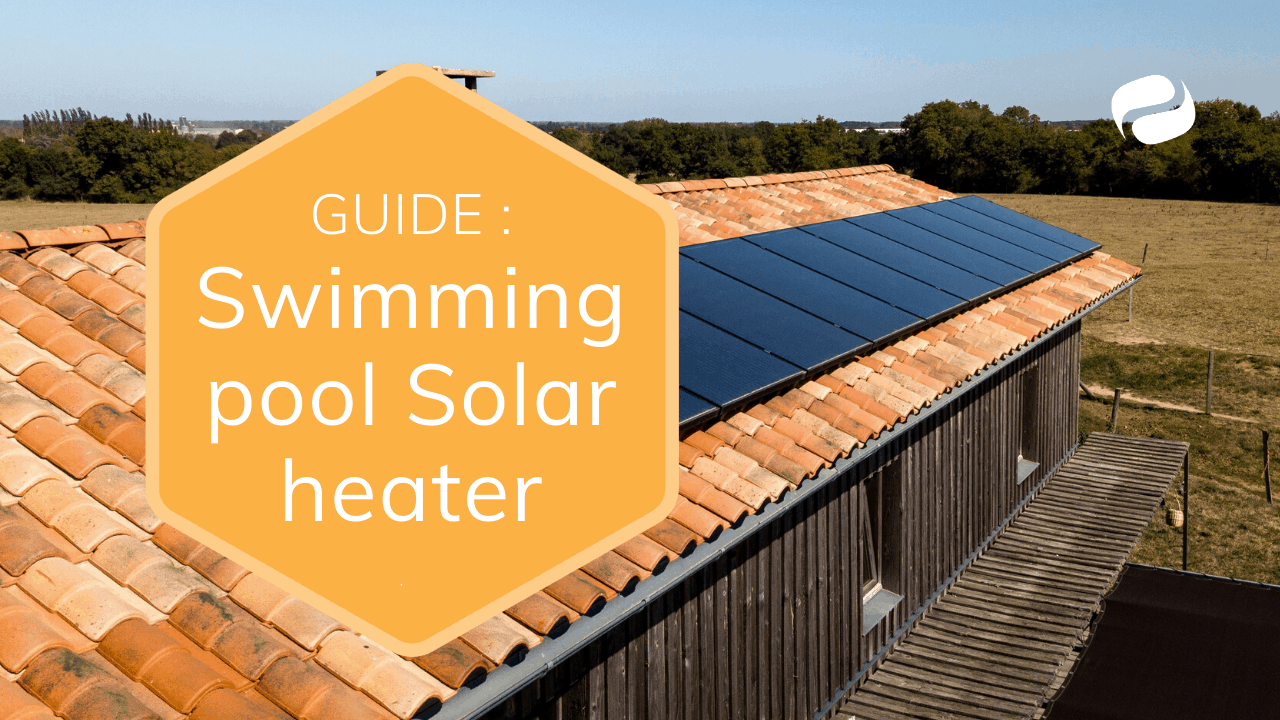
You may be interested in solar panels for your home. Consider all the perks and benefits. In this article, we will look at tax credits and permits, as well as cost and perk information. You will be able to determine if solar panels are right for you based on your specific needs.
Tax credits
Texas offers numerous incentives for installing solar panels. These include property tax exclusions, utility rebates and net metering. This allows property owners to sell their energy back to the grid, and get money back in their next billing cycle. However, this may not apply to all customers, so it's important to check with your utility company for more information.
Texas utilities offer rebates when you install solar panels or battery backup systems. The incentives range from $0.40 to $0.80 per watt. The rebate can total up to $30,000. It must not exceed 50% of the total cost of the installation. Adding a solar panel battery backup can significantly increase the rebate.
Permits
A permit is required before you can put solar panels on your roof. Many jurisdictions have a process for submitting applications and approving permits online. You can send an email, or use a self-verification process. The process should save everyone time. While the process may be a bit complex, it is possible to automate much of it with the help of solar providers.

Once you have received your permits, it is time to start designing your solar panel design. If you want to change the location or the size of your panels, you may need to modify your plans. If you make changes to your plans, you will need to apply again for permits. Solar permitting can take a while so get started early and speak with a professional solar installer.
Perks
Texas offers numerous incentives to solar energy entrepreneurs. Some of these incentives are tied to the city you live in, while others are specific to certain regions. You can find out about these incentives by contacting your local utility company. If you live in a city that offers net metering, for example, you can take advantage of the incentive and save money that way.
Installing solar panels can increase the value of your house, in addition to lowering your energy costs. Your home could appreciate as high as $3 per watt, depending on how big it is and how installed. This added value could translate into an additional $15,000 or more for your home!
Cost
If you are in Texas, you may be wondering how much the cost of solar panel installation will be. The price of solar panels is based on averages for the state, and may vary slightly from one area to another. However, the good news is that you can get a substantial tax credit. The federal government offers a 30% tax credit to solar panels installed in new buildings by December 31, 2020. The credit is worth an average of $6,284 to $5.652 for a six-kW system. Most retailers offer energy buyback and credit your energy bill for the amount of energy you return.
Texas residents could earn up to $2,500 in rebates, even though the initial cost for a solar panel can be quite high. Austin Energy has a value solar tariff that pays homeowners $0.097 for every kilowatt-hour of solar panel output. This is an impressive amount, especially when you consider the state's high sun levels. Other companies offer rebates as well, including Garland Power and Light and the City of Sunset Valley. Additionally, local utilities offer rebate programs and a way to pay upfront for your solar panels.

Installation
Texas' energy mix is heavily dependent on solar power. It has both utility scale solar power plants and distributed, rooftop-based solar energy. The state's western section has some of America's highest levels of solar and wind power. There are many opportunities to build solar and wind power plants in the state.
Before installing solar panels in Texas, you will need to obtain permits from the state. These permits can be obtained by solar contractors. It is vital to have the permits in place, as failing to obtain them may lead to fines and delays. Also, you will need to get approval from your electricity provider. This is done for safety reasons, and to enroll your solar system in your local net metering program. Interconnection fees may be charged by your utility company, which can range from $25 to $500. However, most cases the cost is under $150.